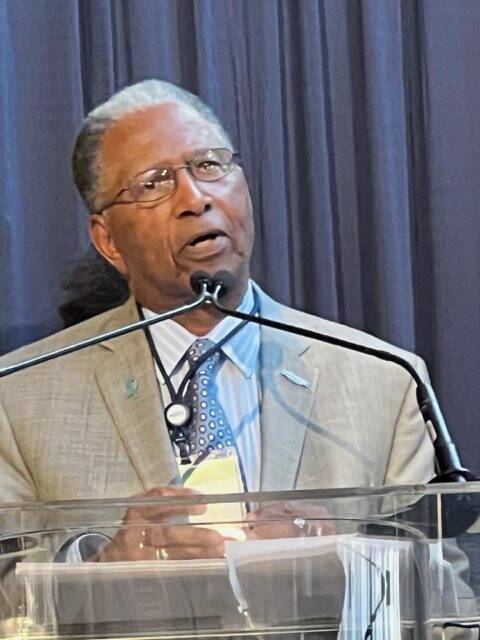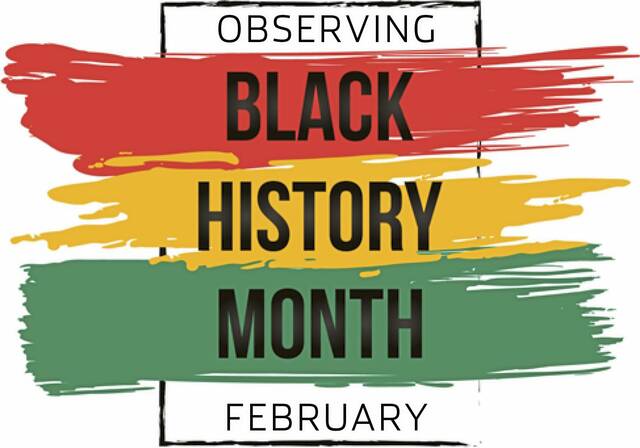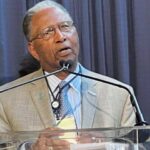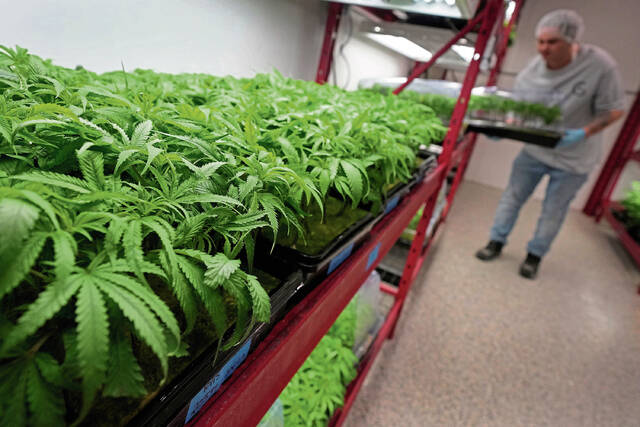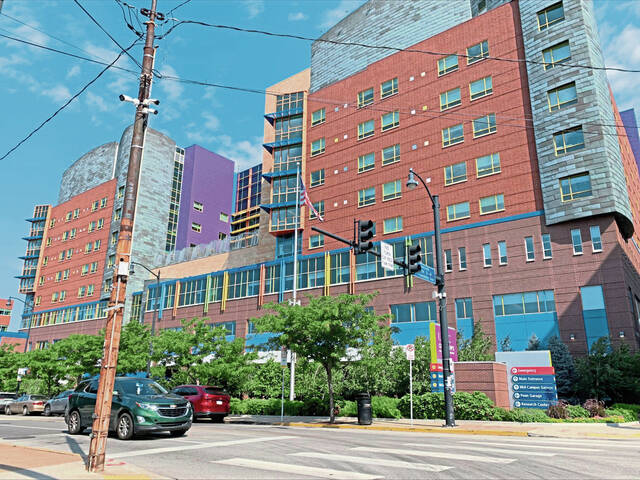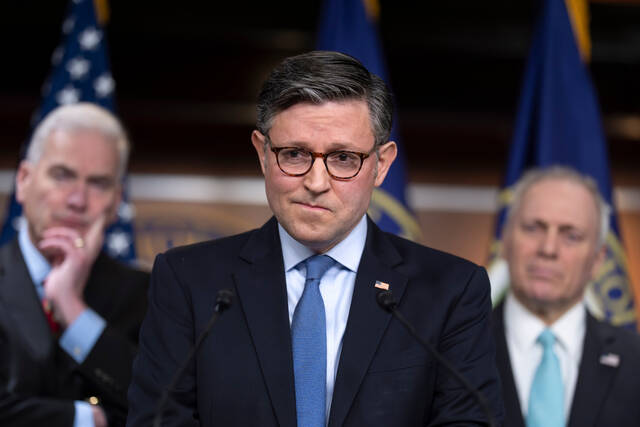Martin Luther King Jr.’s youngest son, Dexter Scott King, died from prostate cancer one week after MLK Day and only eight days before what would have been his 63rd birthday.
His death has again emphasized the importance for Black men to be screened for prostate cancer.
For reasons that are still not fully understood, Black men have a higher risk of getting and dying from prostate cancer, according to urologists.
“Being African American is an independent risk factor for having prostate cancer,” said Dr. Shailen Sehgal of St. Clair Medical Group – Urology.
American Urological Association guidelines say the general recommendation is a baseline test for men between ages 45 and 50. There are two caveats to that recommendation — being African American men and individuals with a family history of prostate cancer, in which case the baseline test should be given at age 40.
“This is a disease that affects African American men at a younger age and that is why it is really important for them to get screened,” Sehgal said.
African American men also tend to have more aggressive cases. It is also more likely that the cancer will spread to other parts of the body.
The best tactic is being tested once a year with a PSA (prostate-specific antigen) test or a digital rectal exam. These exams help to determine if a man should receive a biopsy of his prostate. The tissue from the biopsy is then examined by a pathologist — this measure is a man’s Gleason score, which is the grading system used to determine the aggressiveness of prostate cancer, according to the Prostate Conditions Education Council. A Gleason score ranges from 1-10.
“The most important intervention for men, and specifically Black men, is to be seen,” Sehgal said. “Make sure you inquire about a PSA exam and about a rectal exam.”
According to Sehgal, many years ago an issuing body called the United States Preventative Task Force said prostate cancer screening was optional.
“When that happened, a lot of primary care doctors stopped talking about it. It is important for African American men to be their own advocate, to bring up these tests,” Sehgal said.
Black people can have many barriers when it comes to access to health care. There are also societal pressures that impede men — and specifically Black men — in having a level of comfort with health care providers and speaking about their health. It is important to note that discussing these topics may be uncomfortable, but can be life-changing.
James E. Williams Jr., 87, is chairman of the PA Prostate Cancer Coalition. Williams, who lives in Harrisburg, has been a patient advocate for 30 years. He negotiates with insurance companies, investors and health care agencies. In that work, he is looking to reach men who haven’t been to the doctor in two years or more.
“There is an elephant in the room — we don’t have a health care system in America, we have a sick care system,” Williams said.
He was diagnosed with prostate cancer at age 55, had his prostate cancer surgery at the Mayo Clinic and underwent hormonal therapy as part of his treatment plan. Williams said his story is the exception and not the rule: He is a veteran and his care was covered through insurance, he was able to go to the best doctors and drive five hours away to have the surgery. His cancer also had not spread.
But for many Black men in particular, this is not the case.
“Everybody talks about prevention, screening and the value of good diet, but at the end of the day, what pushes our system is a fee for service, specifically the diagnosis and treatment,” he said.
Dr. Nasir Chaudry, a urologist with Allegheny Health Network, said, “If you look at the statistic of prostate cancer overall, there is about a 1 in 8 chance of a man being diagnosed with prostate cancer. Among African Americans, it is 1 in 6.
“There is a higher incident of prostate cancer among African Americans. And then if you further break it down, looking at causes of death, African Americans who get diagnosed with prostate cancer have two times the rate of actually dying from prostate cancer.”
According to Chaudry, prostate cancer tends to be more aggressive in African Americans.
“There are definitely genetic causes that predispose African Americans to increased rates of aggressive prostate cancer. I think there are probably socio-economic things with access to care that affect African Americans in this country. Those are the bigger factors when it comes to why this is very important for African Americans to get screened,” Chaudry said.
Williams said a large problem in receiving care is accessibility and a fear of the diagnosis.
“In many cases when dealing with men, regardless of race and socioeconomic status, they don’t have an appreciation for preventative care and medicine as women do,” Williams said. “You need to go to the doctor when you are well, not when you are sick.
“Black men, especially when the disease is discovered, it has gone beyond the prostate and it cannot be cured as easily. We push about getting screened early and going to the doctor when you are well, and advocating for our health, knowing baseline health numbers of cholesterol, blood pressure and other areas.”
Williams said it is important for more research to be done around prostate cancer.
In 1991, the Vietnam War veteran was in Chicago when his wife recommended he see the family physician for a checkup. Williams was an active flight pilot and felt he was fine. But he had an examination that ultimately found his cancer. He had a PSA level of 10 — at the time 4 was the normal criteria number. Williams had a biopsy, and from there he considered radiation, surgery and other treatments.
“The good news is they found it early,” Williams said.
By the time prostate cancer symptoms are prevalent, they can be the same symptoms as having an enlarged prostate — incontinence and slow stream during urination.
Doctors agree that yearly screenings are effective.
“You’re almost always going to catch the prostate cancer early enough to appropriately treat it,” Chaudry said.
Sehgal and Chaudry said prostate cancer is a disease where there are not as many modifiable risk factors. Practicing a healthy lifestyle may have little to no impact on decreasing risk. But Sehgal still cites recommendations such as a diet that is lower in animal fat, high in vegetables and incorporates lycopenes, which can be found in foods like tomatoes. “Soy has also been linked to a decreased risk in getting prostate cancer,” Sehgal said.
For Williams, a lot of setbacks come back to a health care system that he says is based on the prioritization of money and valuing the bottom line over the people.
“When you look at other industrial nations, you see that their people are often healthier and live longer than our people,” he said. “We think that if men would get annually screened, even if the present screenings are not perfect, they should still get screened and advocate for themselves and push for more research.”


